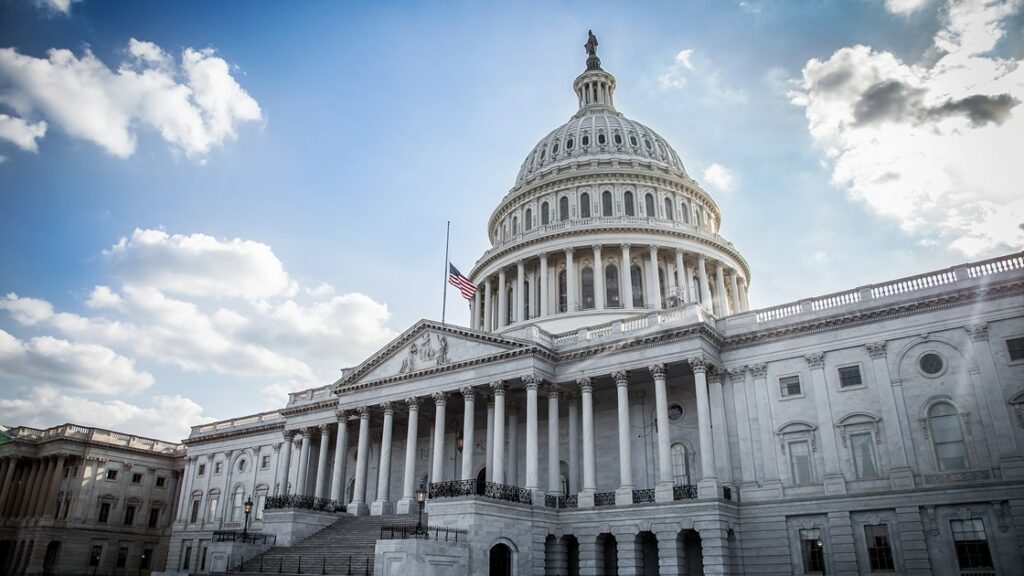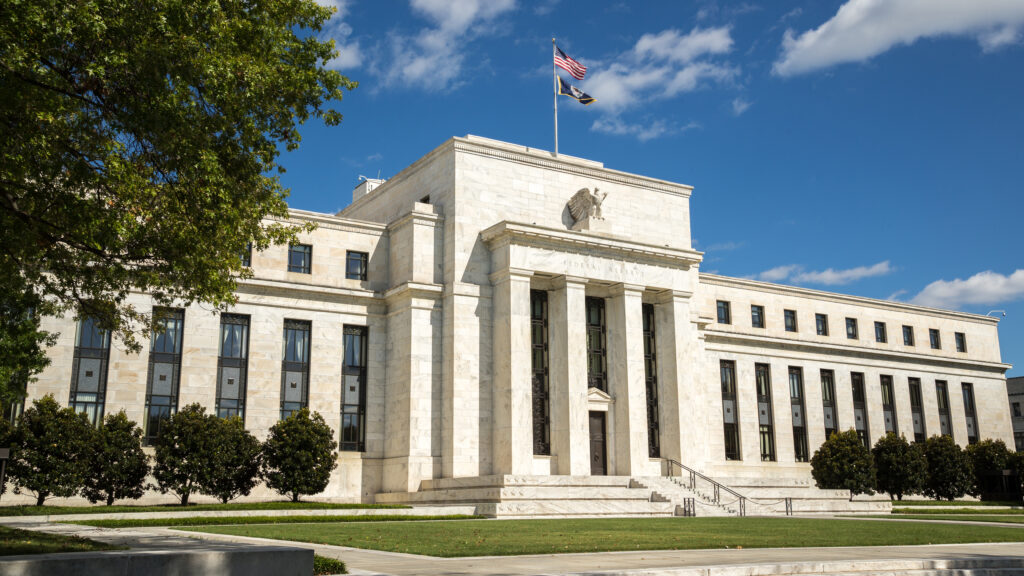A U.S. default on its debt would have disastrous consequences for the stock markets and bond yields, causing investors to be on edge as politicians work to reach a compromise before the U.S. Treasury runs out of cash to pay its bills. However, a debt-ceiling deal won’t necessarily be all good news for investors or the U.S. economy, as Republicans are pushing for sharp spending cuts at a time when the economy is appearing to slow down.
Additionally, there will be a flood of Treasury issuance after the deal isreached, which will drain liquidity from markets and weigh on risk assets. The potentialbig cuts to government spending could also result in slower economic growth in 2024 and beyond.
The Treasury will need to immediately rebuild its cash balance in the General Account after a deal is reached, which means a flood of Treasury bill issuance in early June that could increase yields and pull cash out of the system, leading to liquidity tightening. While any deal to lift the debt ceiling would be betterthan no deal, it won’t necessarily be an all-clear signal for markets beyond a short-term bounce.
This content is provided for general information purposes only and is not to be taken as investment advice nor as a recommendation for any security, investment strategy or investment account.






